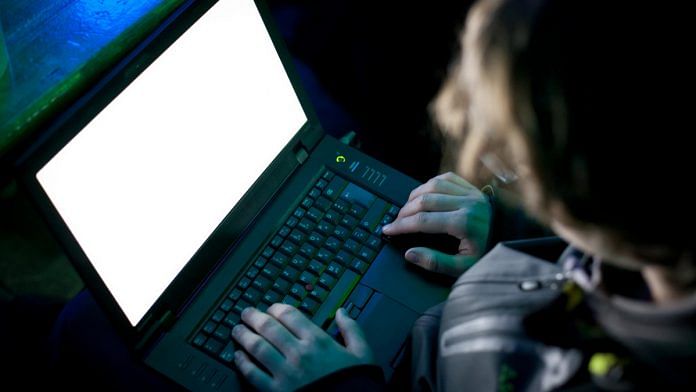More than 200,000 volunteers around the world are helping to find potential treatments for COVID-19 – by running simulations on their home computers and laptops.
While vaccines are starting to be rolled out, the hunt continues for effective treatment for those infected with the virus.
The initiative is a collaboration between distributed computing organisation Folding@home and COVID Moonshot, a crowdsourced project to accelerate the development of COVID-19 antivirals. Amazon Web Services (AWS) – Amazon’s on-demand cloud computing platform – has donated servers to the project.
Sprint to the finish
Distributed computing allows anyone with a home computer, laptop, or virtual machine to contribute computing power to a common cause – in this case, to simulating the process of protein ‘folding’. The COVID-19 initiative has harnessed the computing power of more than 1 million personal devices. Folding@home volunteers take part in one-week “sprints” where they can choose to direct all of their computing power to running molecular simulations.
These sprints “have helped sort through tens of thousands [of] potential molecules to synthesize to address difficult questions in optimizing the binding of COVID Moonshot lead compounds,” say Maggie Carter and Grace Kitzmiller of the AWS Disaster Response Program.
The project has amassed one of the world’s largest public protein simulation databases, which Folding@home is now sharing as an open data set on AWS, so researchers around the world can easily access this data to speed up the search for COVID-19 therapies.
“The more volunteers joining the effort, the more potential designs can be evaluated, and the faster the Moonshot can identify a potent and safe therapy to bring to clinical trials,” Carter and Kitzmiller say.
Folding@home is run by a consortium of research labs led by protein simulation experts at the Bowman Lab, part of Washington University in St Louis, Missouri. Since its launch in 2000, the consortium has studied numerous diseases with the help of volunteers, or ‘citizen scientists’.
“While you keep going with your everyday activities, your computer will be working to help us find cures for diseases like cancer, ALS [amyotrophic lateral sclerosis – a rare neurological disease], Parkinson’s, Huntington’s, influenza and many others,” Folding@home explains on its website.
When COVID-19 evolved into a global pandemic, the organization shifted its efforts to fully focus on better understanding the virus.
Pre-pandemic, 30,000 devices were running Folding@home; by May 2020, that number grew to over 1 million.
A global community
Citizen science has boomed as technology has equipped consumers with the gadgets and apps to capture, process and share data, including cameras, audio recorders and satellite navigation.
According to the journal Nature, the roots of citizen science date back to the 1900s, when a bird conservation society persuaded Americans to count birds instead of shooting them.
Millions of people globally now contribute to scientific research around the world through citizen science projects and platforms.
These include Zooniverse, an online community with 1.6 million registered users contributing to research projects led by hundreds of researchers. Projects have included classifying animals in the Serengeti, discovering new exoplanets using the Kepler space telescope, helping to understand the social structure and life stories of beluga whales in Canada and creating an archive of records from the Holocaust.
This article was originally published in the World Economic Forum.
Also read: Antibodies, booster, comorbidity — an A-Z guide to how Covid changed language in 2020




The title of the article is, “ Here’s how you can help scientists find a cure for Covid-19,” but it doesn’t tell you how to sign up! Ugh.